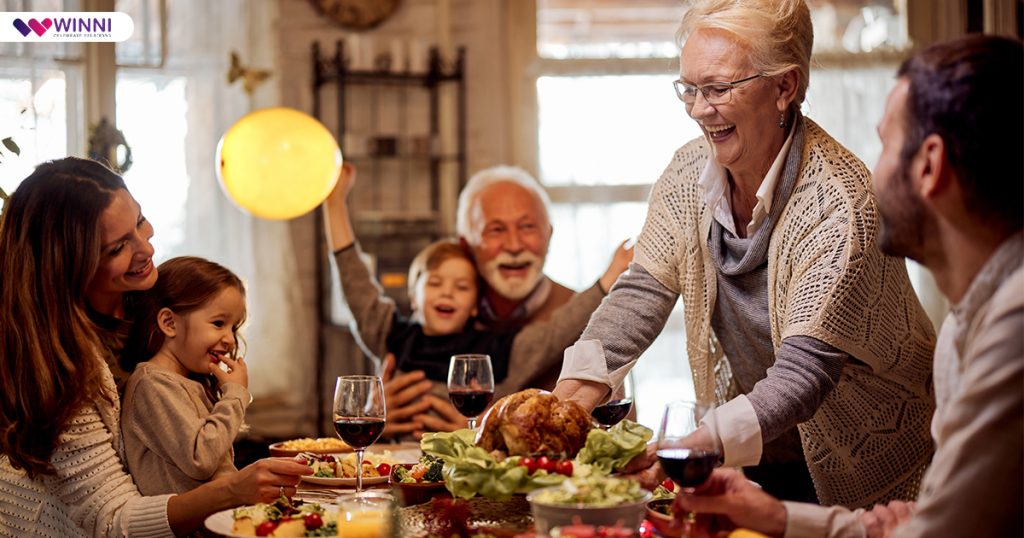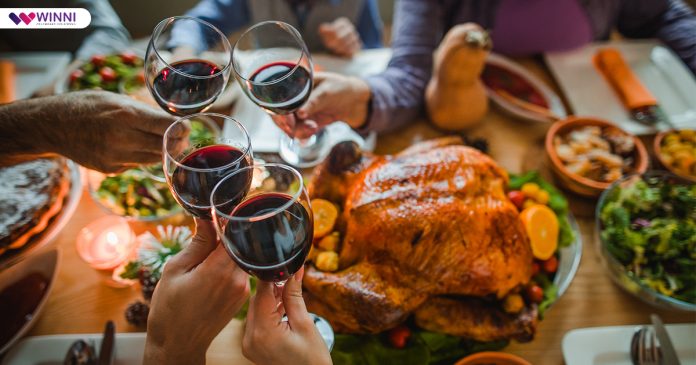Where all festivals have their own history, Thanksgiving is simply a holiday centered on family, gratitude, and abundance. Thanksgiving goes beyond turkey and cranberry sauce. Technically speaking, the principles for the day are deeply rooted in psychology. At its core, Thanksgiving is a unique blend of gratefulness, ritual, and community, each with significant psychological benefits that impact mental and emotional well-being. Let’s explore the psychology behind Thanksgiving and how it shapes our minds and hearts.
The Power of Gratitude
Research shows that practicing gratitude boosts happiness, strengthens relationships, and even benefits physical health. Positive psychology studies have repeatedly found that those who regularly practice gratitude tend to feel more positive emotions and are more resilient when facing life’s challenges. Likewise, when families and friends gather around the table and share what they are thankful for, they engage in a ritual that reduces stress and enhances well-being.

Togetherness and Belonging
According to the attachment theory of psychology, humans have a fundamental need for connection. Thanksgiving is a time when friends and family gather. It reinforces the feeling of belongingness, boosts emotional security, and promotes strong & stable relationships that are crucial for emotional health. During Thanksgiving, we fulfill this need by sharing meals, stories, and laughter, creating a sense of community that eases feelings of loneliness and isolation.

Tradition and Ritual
Rituals give a sense of meaning to every occasion, and they have a unique psychological significance in relationship development. Thanksgiving rituals like gifting, parades, and preparing classic dishes create structure, stability, and meaning that offer a sense of comfort and predictability. This sense of predictability that comes from the rituals and traditions helps reduce anxiety and foster a sense of accomplishment. Of course, all this together with the people you love strengthens family bonds.

Mindful Eating and Shared Meals
In our daily lives, we often don’t get time to catch up or have meals together with loved ones. Whereas, Thanksgiving provides an opportunity to do so. Moreover, Thanksgiving meals align with the principles of mindful eating, where we pay attention to each bite, savoring tastes and textures. Psychologists have found that eating mindfully not only enhances our enjoyment of food but also fosters gratitude for what we have, helping us become more attuned to the abundance around us. Also, it improves digestion and reduces overeating.

Non-Material Aspects
At a time when materialism often reigns, Thanksgiving serves as a moment to appreciate what we already have. By focusing on gratitude rather than what’s lacking, we cultivate a mindset that values personal connections, emotional richness, and the non-material aspects of life. It fosters a greater sense of satisfaction, a mindset that values experiences and relationships, and overall happiness.

Mental Health Boost
Thanksgiving’s emphasis on positive emotions, social bonding, and mindfulness has been shown to have various mental health benefits. In fact, even seasonal gatherings like Thanksgiving provide a mental reset, lifting our spirits before we face the world again. This pause to focus on the positive has a positive effect, often carrying over into the new year. For many, Thanksgiving can be a remedy for loneliness, providing the opportunity to reconnect with loved ones, share memories, and create new ones.

Conclusion
The psychology behind Thanksgiving is a powerful exercise in gratitude, connection, and reflection. As people gather each year, they engage in practices that are proven to support mental health and strengthen relationships. By emphasizing togetherness, gratitude, and tradition, Thanksgiving highlights universal values that resonate across time, reminding us of the importance of appreciating what we have and who we share it with. All these aspects make Thanksgiving not only a day of celebration but also a day for growth and reflection.




